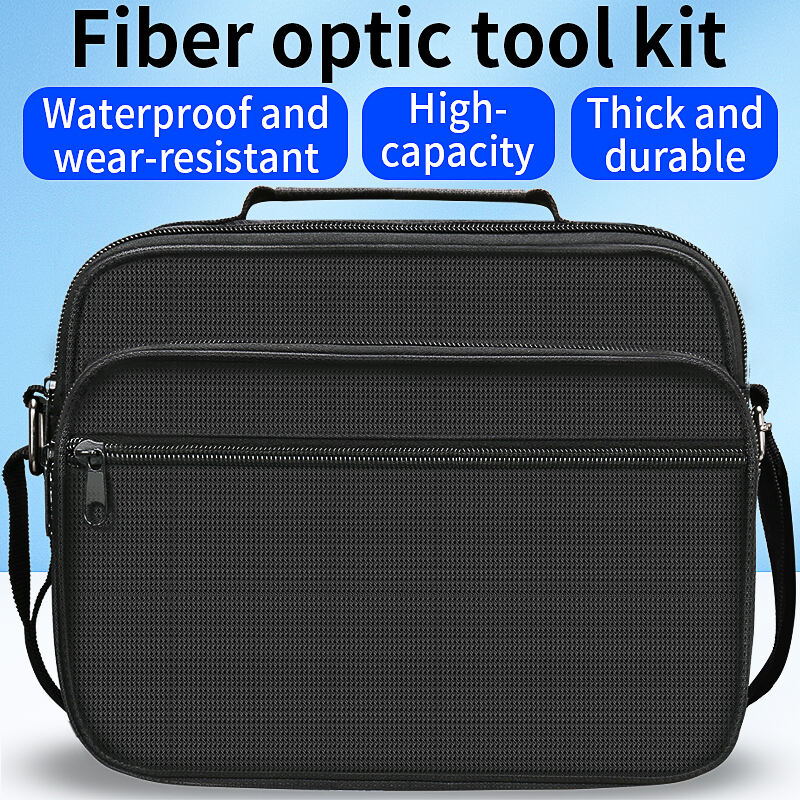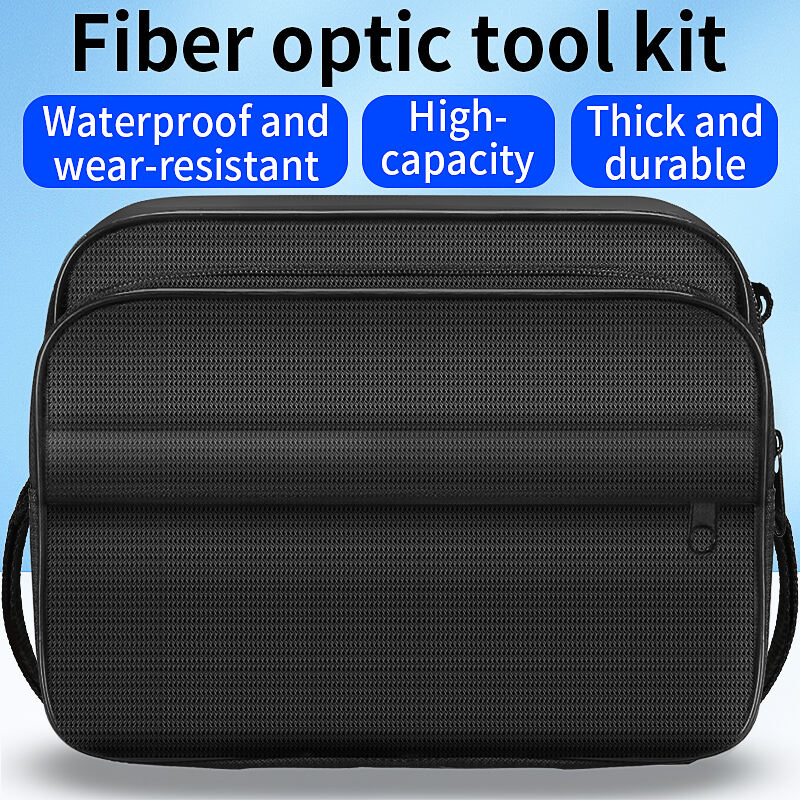power meter in optical fiber
A power meter in optical fiber is an essential measurement instrument designed to evaluate and monitor the power levels in fiber optic networks. This sophisticated device measures optical power in both absolute terms (dBm) and relative measurements (dB), providing critical data for installation, maintenance, and troubleshooting of fiber optic systems. The instrument consists of a photodiode sensor that converts optical signals into electrical signals, which are then processed and displayed as power readings. Modern fiber optic power meters often feature automatic wavelength recognition, data storage capabilities, and USB connectivity for data transfer and analysis. These devices can measure power across multiple wavelengths commonly used in telecommunications, typically including 850nm, 1300nm, 1310nm, and 1550nm. The power meter's high precision and reliability make it indispensable for ensuring optimal network performance and identifying potential issues before they impact service quality. Advanced models include features such as real-time monitoring, reference value storage, and the ability to measure both continuous and modulated signals.


